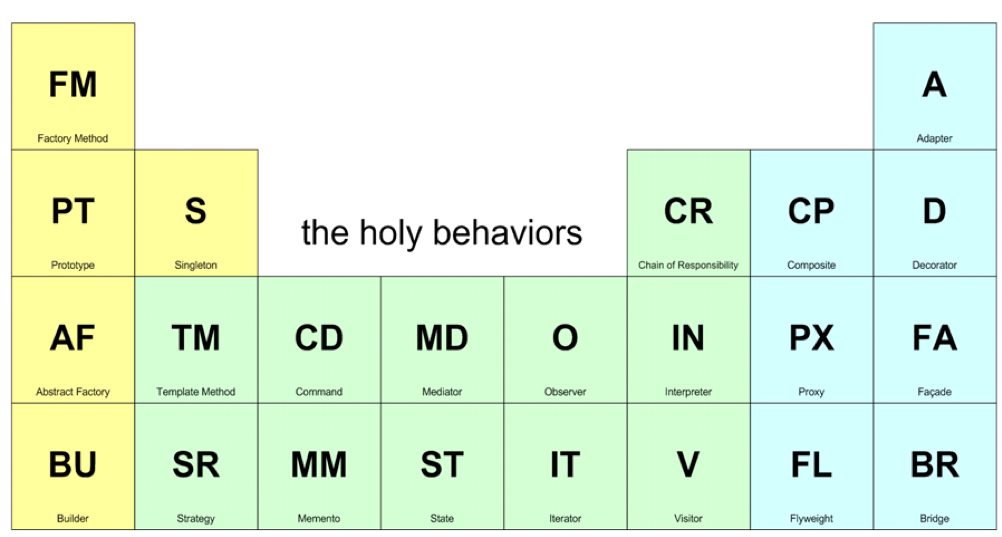Advanced-Programming
Introduction
Slides: 02 Presentation of the course
Key concepts
We are moving from Object Oriented Model to Component Oriented Model. That allows the reuse of code and to structure a complex application into pieces.
Frameworks
With frameworks we have the Inversion of control: the program flow of control is dictated by the framework instead of by the caller. The framework provide a default behaviour, the programmer just have to override functions and handle events.
- Software framework: collection of common code providing generic functionality that can be overridden or specialized.
- Application framework: software framework used to implement the standard application structure for a specific environment.
Examples of frameworks:
- .NET
- Android SDK
- Spring (Java)
- Cocoa (Apple’s native OO API for MacOS that includes the Objective-C runtime.
- IDEs
- MFC: Microsoft Foundation Class Library (C++ GUI)
- Gnome (Linux GUI library in C)
Design Patterns

Course objectives
- Programming language technology
- Executions models
- Runtime
- Virtual Execution Environment
- Memory Management
- Thread Management
- Exception Handling
- Security
- Debugging Support
- AOT and JIT Compilation
- Dynamic Link/Load
- Reflection
- Verification
- Programming metaphors
- Objects
- Components
- Patterns
- Advanced Programming Techniques
- Generic Programming: Java Generics, C++ templates, C# Generics, Scala generics
- Lambda Calculus and Functional Programming: Haskell, Type classes and Monads, Metaprogramming
- Functional Programming: Lambdas and Stream API in Java 8
- Scripting languages: Python